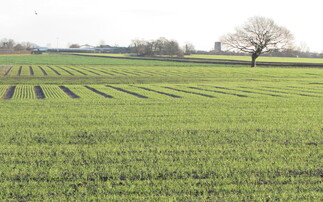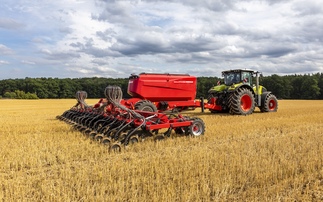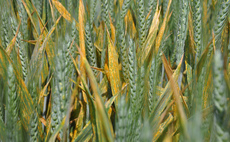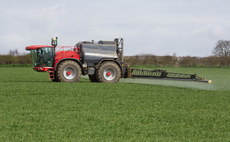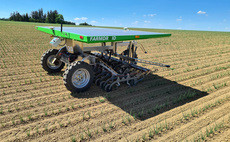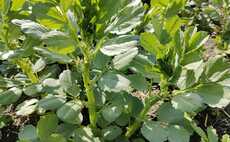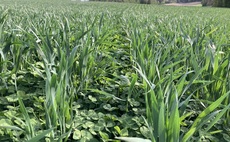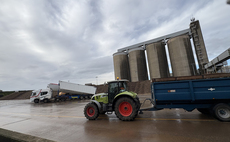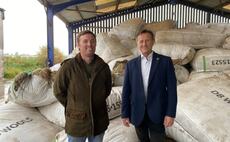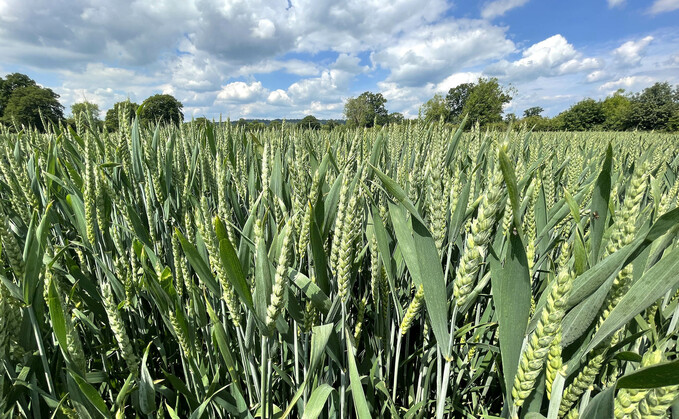
BBSRC has invested £221m into wheat research and innovation
A new report has been published showcasing the importance of UK research and innovation in the production of wheat.
The independent study, released by the Biotechnology and Biological Sciences Research Council (BBSRC), has revealed that between 2010 to 2011 and 2021 to 2022, the body invested £221.7 million into the food staple to ensure it maintained its role in global food security.
According to the report, BBSRC's investments in wheat research are projected to create around £900 million Gross Value Added (GVA) for the UK economy over a 25-year period alone, while the global impact is even more significant, contributing an estimated additional £1.99 billion to the global GVA.
Professor Guy Poppy, interim executive chair at BBSRC, said: "As the UK's major public funder of bioscience research and innovation, BBSRC plays a pivotal role in advancing wheat research and innovation, making a significant impact on global food security.
"Wheat is crucial for feeding a growing population."
One of the key features of the report was the growth in demand, which has risen 1.7 per cent year on year. According to BBSRC, this has driven its research initiatives, focusing on enhancing wheat yields, resilience and sustainability. Work dedicated to climate change and how that impacts production in key areas such as the Global South are also at the forefront of much of the research.
See also: Improving maize crop performance
Alongside this, the study has revealed the importance of collaboration with the BBSRC funding various trials via partner organisations that have led to advances in diet and nutrition.��
Disease resistance in crops has also been at the fore, with scientists at the University of Nottingham introducing resistance genes from wild wheat relatives to improve resistance against fusarium head blight. The University of Manchester spin-out, Fotenix, pioneered 3D multi-spectral imaging for agriculture, an innovation that offers real-time crop disease and stress identification, while collaborations between JIC, the Earlham Institute, the National Institute of Agricultural Botany and major breeders led to novel rapid pathogen surveillance methods and the identification of key genes for yellow rust disease resistance.
Prof Poppy added: "Our investments have not only addressed critical challenges in global wheat production, but have also provided innovative solutions around diet, health and nutrition.
"Through collaboration and transformative research, our initiatives have enhanced wheat yields, resilience and sustainability while contributing significantly to tackling climate change's impact on wheat production."






